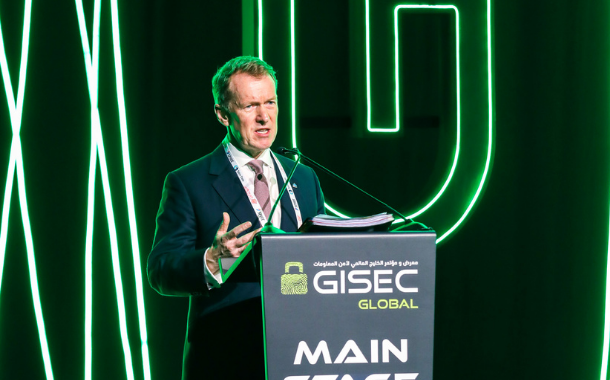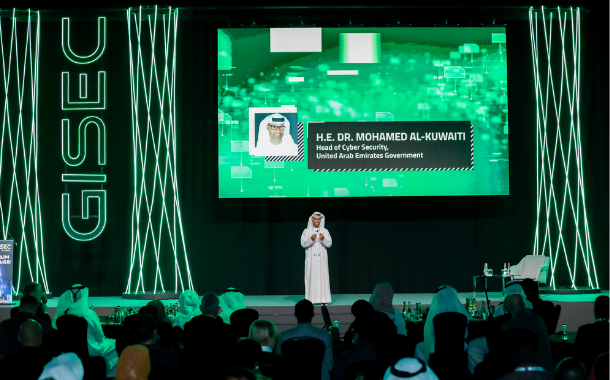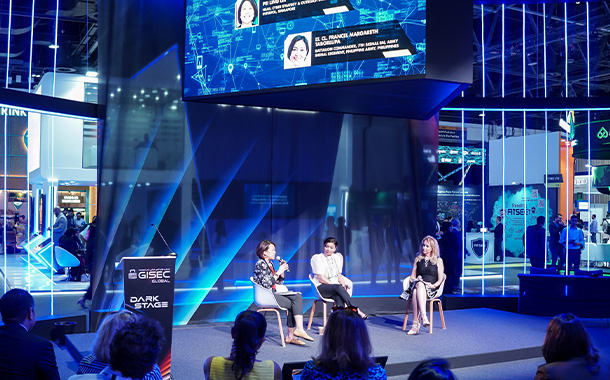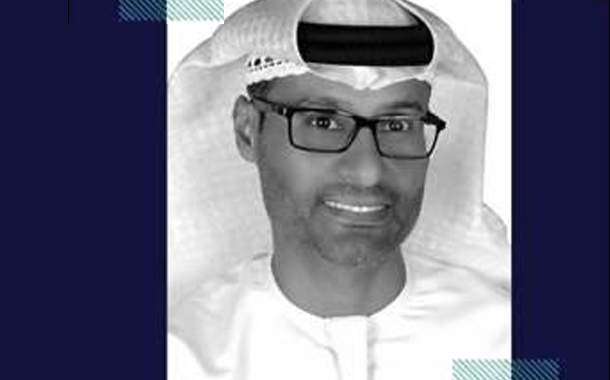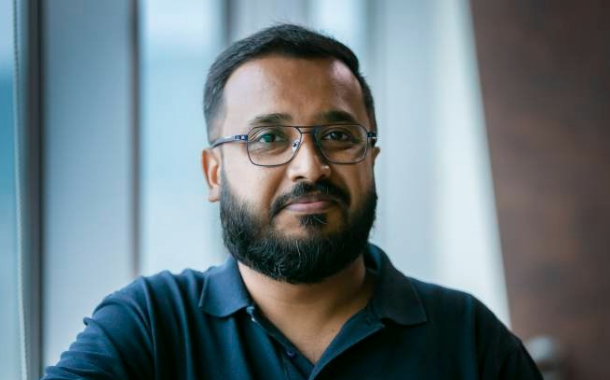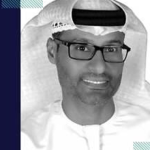The 10th edition of GISEC Global, the largest and most influential cybersecurity exhibition and conference in the Middle East and Africa, opened today (21st March) at Dubai World Trade Centre (DWTC) as industry leaders unite to uncover the latest in global cybersecurity trends and discuss ever-increasing digital challenges.
Delivering the keynote speech on the first morning of the three-day show, HE Dr Mohamed Al Kuwaiti, Head of Cyber Security, United Arab Emirates Government, discussed the shared responsibility required to tackle the volatility of cyberspace and how collaboration is essential to successfully protecting against global cybercrime.
“If we look at the current landscape, awareness and collaboration are key to building a culture of cybersecurity readiness,” said Al Kuwaiti. “We need to innovate and work towards building the next generation of cyber security professionals. The UAE Cybersecurity Council has a timeline and the plan is to export the UAE’s cybersecurity model across the region.
“As the world starts to recover from the pandemic, big industry – education, healthcare, oil and gas, aviation, etc. – is going through rapid digital transformation. Their security is our security, and the more they are secure, the more we are secure. Cyber-attacks aren’t bound by borders, so neither should be our approach to private sector and government collaboration.”
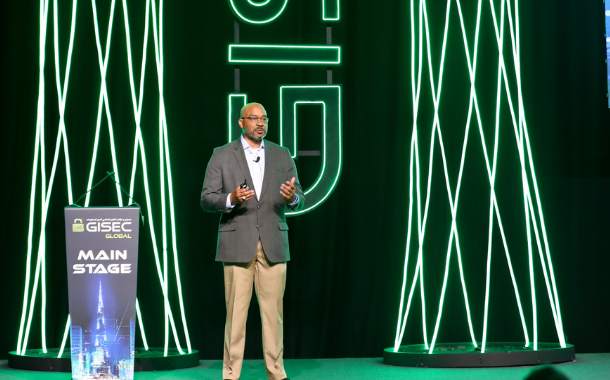
That collaboration can be epitomised by the UAE Cyber Security Council’s National Bug Bounty Programme, where 100 ethical hackers will work in real-time at GISEC Global to hack, identify, and solve software flaws discovered across different scenarios and mainframes – including electric cars, mobile phones, and drones.
Among the speakers on opening day, Stephen Kavanagh, Executive Director of Police Services at Interpol, delivered his address to the industry discussing how the public and private sectors must play collaborative roles in the response to cybercrime.
“Today, we find ourselves in a new world,” said Kavanagh, the former Chief Constable of Essex Police in the United Kingdom. “We need a clear vision where all parties work together. Interpol is increasingly bringing data and expertise from the private sector to assist law enforcement. It is unrealistic to think law enforcement can recruit and retain the best brains, so that is where they turn to the private sector.”
Also speaking on the main stage was MK Palmore, the former Head of the FBI’s San Francisco Cybersecurity Investigative Branch. Palmore outlined how global development is forcing businesses to reassess their priorities to prevent large-scale cyber-attacks.
“By 2025, 42 billion devices will be connected to the internet,” Palmore said. “This is a huge expanded digital surface area to protect, so offers huge opportunities for cyber criminals. It is no surprise then that, from an infrastructure and security standpoint, our reliance on digital services as we look to maintain society and business operations has become the No1 issue for organisations.”
During the next two days, conference attendees will continue to hear from a host of prominent speakers, including renowned hacker Jayson E Street; Mesfer Almesfer, Chief Information Security Officer, NEOM; Professor Isa Ali Pantami, Federal Ministry of Communications and Digital Economy, Nigeria; and His Excellency Amir Hayek, Israeli Ambassador to the UAE and Ministry of Foreign Affairs, Israel, among others.
Running from March 21-23, GISEC Global will host more than 200 high-calibre speakers, including national cybersecurity leaders, tech pioneers, policymakers, researchers, and intelligence heads. Presentations will run across five stages, covering cutting-edge technologies and analysing the most-pressing cybersecurity challenges. As part of the packed agenda, the UAE Cyber Security Council will also host the Global Cybersecurity Congress, an annual gathering aimed at unifying efforts on local, national, and global cross-sector levels.
